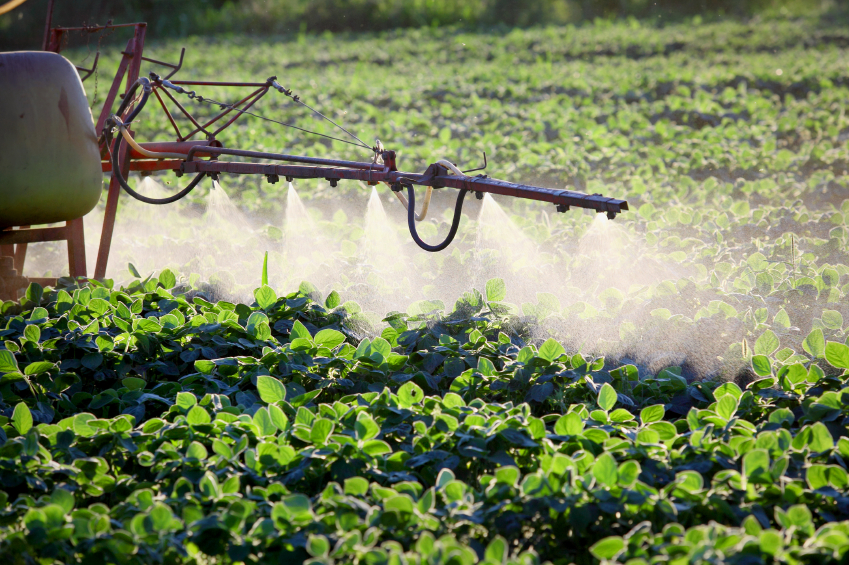A wide variety of disease is caused by pollution, which kills 16% of the world’s population annually
10/31/2017 / By Janine Acero

Diseases caused by pollution killed 16 percent of the world’s population in 2015 – an estimated nine million premature deaths – according to a report by The Lancet Commission on Pollution and Health.
Health sciences professor Bruce Lanphear of Simon Fraser University authored the report detailing the commission’s findings on the adverse health effects of pollution on a global scale, as featured in Science Daily.
“This is the first global analysis of the impacts of pollution – air, water, soil, occupational – together as well as exploring the economic costs and the social injustice of pollution,” according to Lanphear. “Pollution, which is at the root of many diseases and disorders that plague humankind, is entirely preventable.”
The report features solutions to mitigate pollution and recommends how to implement them. Commission findings indicate that diseases caused by pollution were responsible for nine million premature deaths in 2015, a staggering 16 percent of all deaths worldwide; three times more deaths than AIDS, tuberculosis, and malaria combined; and 15 times more than all wars and other forms of violence. Pollution-related diseases kill more people than smoking, hunger and natural disasters. It accounts for one in four deaths in some countries.
The poorest and most vulnerable are the most likely targets of pollution-related deaths, with nearly 92 percent occurring in low- and middle-income countries. Pollution’s toll is greatest in poor and marginalized communities, with children being the most susceptible; even small exposures to chemicals while developing inside the womb and in early childhood can result in lifelong disease and disability, premature death, as well as reduced learning and earning potential.
Pollution has also been found to be closely tied to climate change and biodiversity – 85 percent of airborne particulate pollution come from fossil fuel combustion in higher-income countries and the burning of biomass in lower-income countries. Major emitters of carbon dioxide are coal-fired power plants, chemical producers, mining operations, and vehicles (Related: Pollution explodes in China; government begins forcing businesses to close their doors in desperate bid to stop deadly smog.)
Switching to cleaner sources of energy will lessen air pollution and improve human and planetary health. While outdoor pollution accounts for most of the toxicity we inhale on a regular basis, a typical home can be a source of pollutants as well – through heating, cooking, cleaning, smoking, perfumes and furnishings. You can start reducing and even reversing the adverse health effects of pollution from the comfort of your home with the following:
- Get some house plants – Plants, as we all know, need carbon dioxide in order to grow. In exchange, they release oxygen into the atmosphere, which we need to survive. Getting house plants will help circulate carbon dioxide and oxygen around your home.
- Reduce your use of aerosols – Cleaning sprays or air fresheners contain chemicals that, when mixed with other elements in the air, create a deadly cocktail of airborne pollutants.
- Don’t smoke indoors or use candles – It’s a no-brainer that smoking is generally bad for your health. If you have a wood furnace at home, make sure it’s used properly; misuse of fuel such as natural gas, charcoal, gasoline, kerosene, wood, gas, oil or coal can lead to carbon monoxide poisoning. Carbon monoxide is a colorless, odorless and tasteless gas that’s a deadly product of incomplete combustion of such fuel.
- Use a doormat on your front door – A visitor may enter your home carrying with them all sorts of particles from outside such as bioaerosols (bacteria, fungi, viruses, house dust mites and bits of skin shed by furry or feathered animals). To prevent dirt from coming into your home, ask people to leave their shoes on the doormat before entering.
- Substitute carpets for hard-surface floors – Carpets accumulate all sorts of dirt and other particles and release them back into the air when you clean them.
Sources include:
Tagged Under: Global Population, worldwide deaths

















